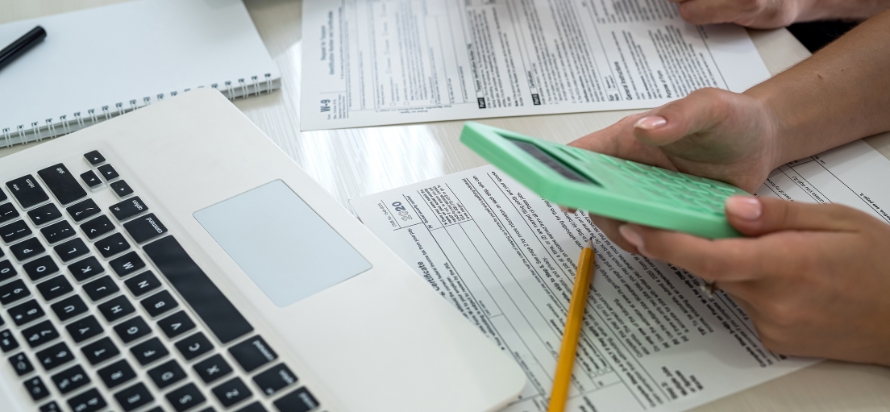
If you're employed, self-employed, or earning extra on the side, knowing exactly when to pay your taxes is key to staying out of trouble with HMRC. The UK tax system has clear deadlines, but they can vary depending on how you earn your money.
This blog breaks it all down in simple terms, so you’ll know what to pay, when to pay it, and how to stay organised all year round. Whether you're filing a Self Assessment or just checking your PAYE.
Your 2023/24 tax bill was due on 31 January 2025. If you haven’t paid it yet, HMRC will charge you interest until it’s paid. If it’s still unpaid by midnight on 2 March 2025, you’ll also get a 5% late payment penalty on top of the interest.
Knowing your tax deadlines helps you:
The financial year 2025/2026 encompasses the tax period from 6 April 2025 to 5 April 2026. Here are the important dates you need to be aware of:
|
Deadline |
Date |
Description |
|
Register for Self Assessment |
5 October 2025 |
If you're new to self-employment or have untaxed income, you must register with HMRC by this date to file a tax return for the 2024/2025 tax year. |
|
Paper Tax Return Submission |
31 October 2025 |
The deadline for submitting paper Self Assessment tax returns for the 2024/2025 tax year. |
|
Online Tax Return Submission |
31 January 2026 |
The deadline for filing online Self Assessment tax returns for the 2024/2025 tax year. |
|
Tax Payment Due |
31 January 2026 |
Any tax owed for the 2024/2025 tax year must be paid by this date. |
|
First Payment on Account |
31 January 2026 |
Advance payment towards your next tax bill, based on your previous year's tax liability. |
|
Second Payment on Account |
31 July 2026 |
Second advance payment towards your next tax bill. |
Knowing these tax year date help you stay ahead. Always check when does tax year end and when does the financial year end to stay on track.
If you are employed, your tax is usually taken from your wages before you get paid. This system is called PAYE, which stands for Pay As You Earn.
So, you normally don’t have to do anything to pay your tax unless something goes wrong.
You may need to contact HMRC or file a tax return if:
If you work for yourself, like a sole trader or freelancer, you need to:
You must register for Self Assessment by 5 October after the end of the tax year in which you started trading. It is also very important to know the tax year date.
The tax year date runs from 6 April to 5 April the following year.
For example:
The following are the deadlines and what to pay:
|
Deadline |
What to Pay |
|
31 January |
Tax for the previous tax year + 1st payment on account |
|
31 July |
2nd payment on account |
Example:
If your last tax bill was £2,000:
Company directors usually need to file a Self Assessment tax return, even if they take most income through PAYE.
You also need to file a return if you have income that hasn’t had tax deducted. Common examples include:
Same as self-employed people:
Remember to check when does the tax year start and end. This helps you understand what income you need to report. The tax year ends on 5 April, so plan accordingly.
HMRC helps you figure out your tax if:
Missing the tax deadline can cost you money.
Note: Knowing when does the financial year end helps with planning. The financial year ends on 31 March, but the end of tax year is 5 April.
If you're unsure about when taxes are due, PHS Accountants are here to help. We specialise in guiding individuals and businesses through the UK tax system, ensuring you meet all tax deadlines, including the last day taxes are due, and avoid costly penalties.
Whether you're self-employed, are a company director, or just need help with your tax return, our expert team is ready to assist. Contact us by phone at 0208 8611685 or by email at info@phs-uk.co.ukn. We’ll help you understand your payment of PAYE deadline, the tax year date and ensure you’re aware of the end of tax year requirements.